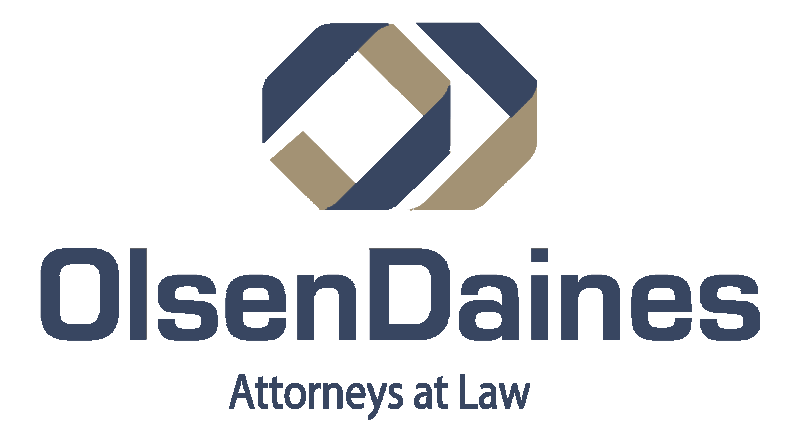
Consumers rely on advertising to make purchasing decisions, which is why it’s important that a corporation’s products and services are marketed accurately. However, some corporations choose to distort their advertisements to manipulate consumers into buying their products or services. Not only does this waste the buyer’s money, but it can also lead to injuries and other serious problems.
Consumers also rely on corporations to advertise the true cost for goods and services. Unfortunately, some corporations use hidden fees to increase their profits by charging buyers more than the advertised price.
Thankfully, there are laws in place that can help protect consumers from false advertising and hidden fees. If you are the victim of deceptive marketing, you may be able to file a lawsuit and recover damages. However, in order to do so, you’ll need to know what these laws cover and how they work.
What Qualifies as False Advertising?
Today, it’s very common for corporations to carefully curate their marketing campaigns with the goal of maximizing sales, which is why it can be so tricky to determine whether something qualifies as false advertising. To help you out, here are a few examples of what false advertising can look like:
- Inaccurate visual representation
- Dishonest key terms or wording
- Deceptive warranties or guarantees
- Inaccurate pricing information
What Are the Legal Consequences of False Advertising?
Corporations who engage in false advertising could face a variety of legal consequences. Consumers can sue or build a class-action lawsuit to recover lost money and any damages incurred as a direct result of the deception. Additionally, the company could face civil penalties with the Federal Trade Commission (FTC), which may result in large fees. And, if the false advertising constitutes fraud, the corporation could also face serious criminal penalties.
Since false advertising laws can differ from state to state, it’s best to work with an experienced consumer litigation attorney if you suspect you are the victim of deceptive marketing. A knowledgeable lawyer can help you navigate these laws to build a case and recover any compensation to which you are entitled.
How Do False Advertising Lawsuits Work?
False advertising lawsuits can help victims recover any money they’ve lost or damages they’ve incurred as a direct result of the deceptive marketing. In order to build a case, however, you may need to prove various things:
- The product was misrepresented.
- The consumer relied on the misleading information when making the purchase.
- The consumer lost money or property due to a hidden fee or false advertisement.
Your Local Consumer Law Attorneys
If you believe you have fallen victim to false advertising or hidden fees, you can count on the experienced consumer law attorneys at OlsenDaines to help you build a claim. We have proudly served Oregon and Washington since 1978, so we are very familiar with the ins and outs of local consumer laws. Our team is also committed to providing you with candid, transparent, and affordable legal assistance. Just give us a call to schedule your free legal consultation.
